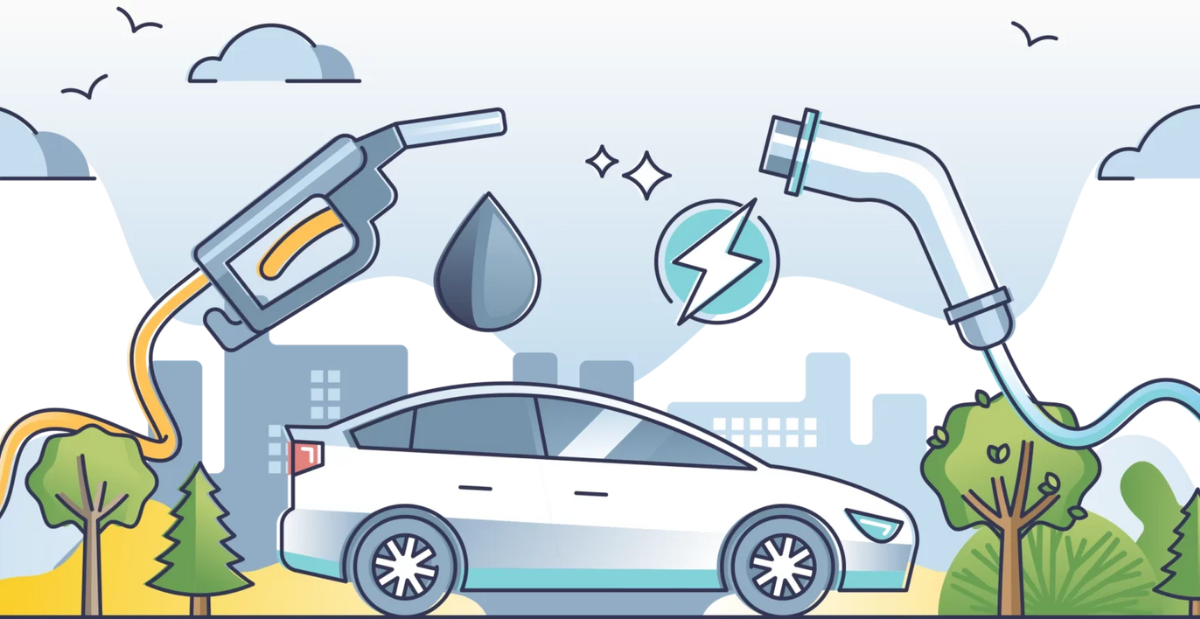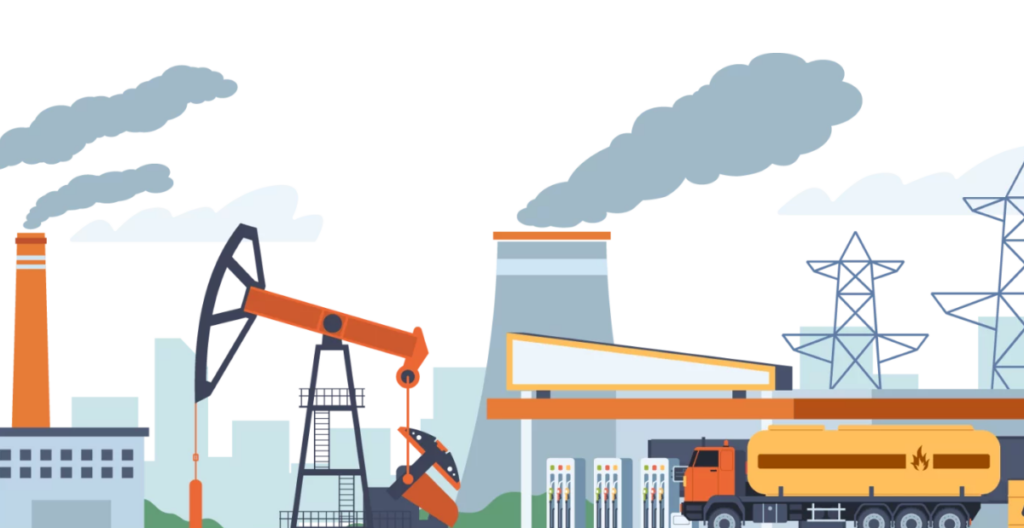Kline + Company
In celebration of 65 years of service, Kline + Company reveals a new visual identity.

Slide 1
WHAT'S NEW
Six Professional Hair Care Launches With Natural Positioning From Expo Beauty Barcelona 2024
At this year’s Expo Beauty Barcelona show, the spotlight was on natural products, echoing consumers’ growing preference toward cleaner beauty formulations. Notably, botanical elements took center stage in numerous hair care product launches, as they are sought to intertwine beauty with the bounties of the earth. Among the new launches with a natural positioning that caught our eye are as follows:
Continue reading→
What to Expect for 2024's Health Trends: From Microbiome to Mindfulness
In the ever-evolving landscape of health and wellness, staying informed about the latest trends and innovations is crucial. Beyond mere fads, these trends often reflect shifts in consumer priorities and advancements in scientific understanding. In 2024, health-related concerns continue to drive consumer behavior and ingredient preferences, shaping the trajectory of the food and beverage industry. Ahead of Vitafoods Europe, let's delve into some of the key health trends and ingredient innovations that are expected to be seen making waves this year.
Continue reading→
10 Key Questions for Re-Greasing Your Grease Strategy
Global grease demand is changing driven by the shift in demand for different chemistries, technological advancements, raw material availability, as well as the penetration of premium products, according to our upcoming Opportunities in Grease report.
Continue reading→
The Green Value Compass
Explore how to secure your seat at the future energy table

Personal Mobility Intelligence Center
Always-On Industry Data and Insights Related to the Evolution of Personal Mobility!
Basestocks Intelligence Center
Your go-to for the latest data and insights on all types of basestocks, and more!





